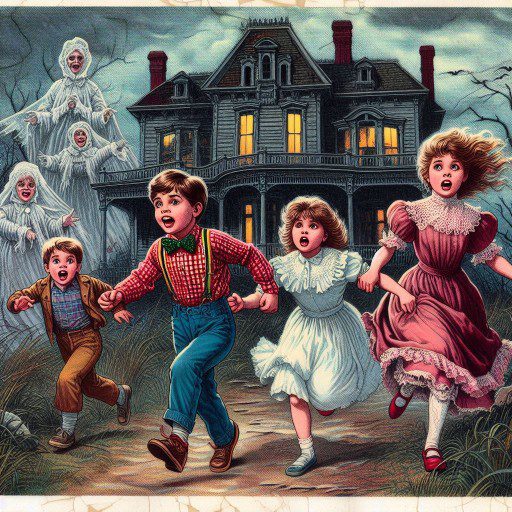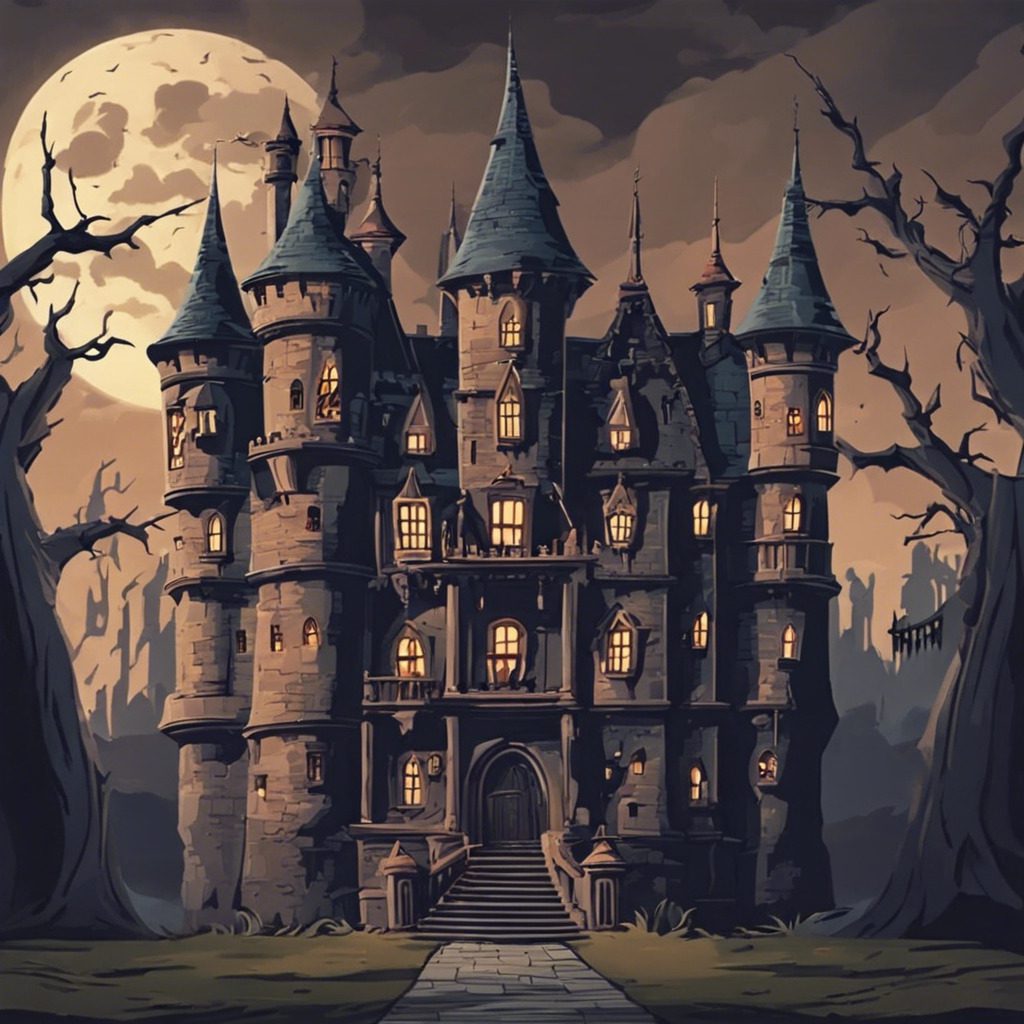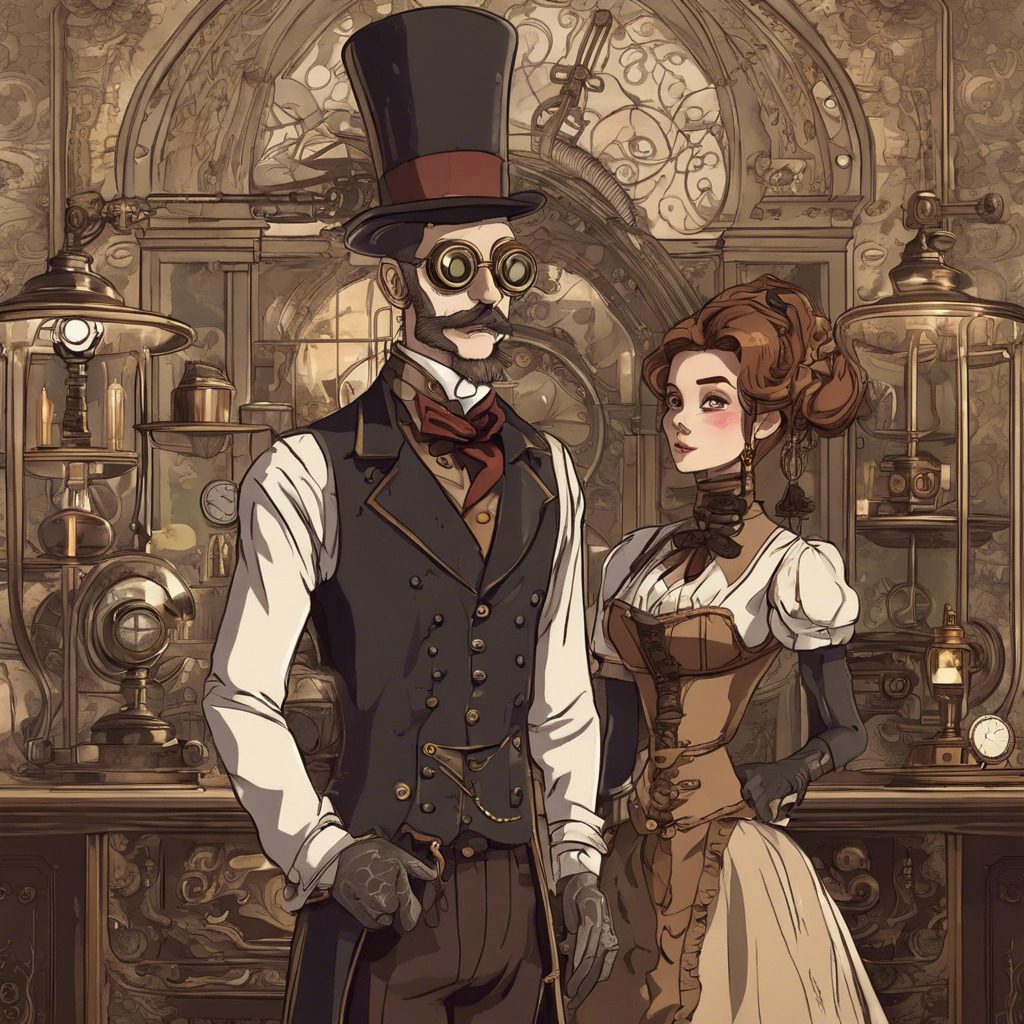5 Tips on Writing: With Jane Nwachukwu
Hey there! I’m Jane, a game writer, narrative designer and screenwriter who has been writing professionally for over 3 years. I have written several interactive story games (visual novels), and I’m currently working on two unannounced video games with an indie game studio, a tabletop role-playing game (TTRPG), a short drama script in the style of ReelShort, and my first webtoon series!
I love art in all its forms (2D art, 3D art, classical music, literature, paintings), and I’m a die-hard fan of K-dramas, anime, manga, otome games, and Romance Club Interactive Stories! My passion for writing was influenced from a very early age by William Shakespeare, Lewis Carroll and Charles Dickens, and I hope to debut as a published novelist someday (hopefully in the nearest future!).
Hooking Your Audience

Cut right to the middle of an action from the beginning, and end that action with a high-tension cliffhanger. It can be an event that happens much later in your story. This gives your audience a reason to stick around to find out what caused that event and how the event will eventually affect your characters. Another tip will be to give your audience something unexpected.
Make these like breadcrumbs that you scatter throughout your story, so it keeps them constantly engaged and guessing what will happen. People get easily bored when a storyline gets predictable, so you want to bring something fresh and unique when writing. Even though you might be using tropes that may have been used multiple times, sometimes combining several elements of what has been overused can create something different that surprises your audience (and even you!).
Mastering Plot Development
One thing that really helps is understanding who your characters are. Know them inside out. What background do they come from, and how has their experiences coloured their perspectives in viewing the world? Maybe you’re writing about a drug lord who on the outside seems like a bad guy who goes about killing people, but on the inside, he is just a scared little boy who was forcefully kidnapped and trained to be a cold-blooded killer from childhood (that’s the only world he has known) and now wants to exit from a covert organization who still control his life.
If you can answer that question, then you will be able to know how that shapes your character’s mindset, appearance, speech, and quirks. Then putting them in situations knowing their distinct personalities will bring new dimensions and dynamics to your narrative, shaping your story to be something unique, as you watch your characters react, change, and grow with the curveballs you throw at them.

Effective World-Building Strategies
Like I iterated before, knowing who your characters are really helps a lot. Your characters need to be living, breathing beings to you. You should have answers to their likes, dislikes, what they do on a regular day, and all that. This will help bring concrete details to your characters’ world that make it feel as real as the world we live in. You could also opt to build in personal experiences with particular places for your story world, as that works too.
Techniques for Character Development
In the real world, people are complex. You can literally live with someone for ten whole years only to wake up the next day and realize that you’re seeing a side of them you’ve never noticed before. People have layers and layers of quirks to them – ways of thinking, doing things, talking, walking, hobbies, likes, and dislikes that may rival what you think you know about them. We all have both the good and bad in us – a never-ending battle that can determine the roles your characters play, either as the protagonists or antagonists, depending on if their bad side is greater than their good side and vice-versa. Your character shouldn’t be perfect but should have flaws (both the good and the bad side).
Your characters need to mirror people in real life to be believable (and real-life people are not perfect). So, before you go off writing your story, you might want to think through very well who your characters are because your audience will be following the lives of these characters, and for your story to be a compelling one, people need to be able to connect with them emotionally and psychologically. They must be real to them.
Crafting Meaningful Decisions

Choices should give players the freedom to react to situations based on how they want to. It should make them feel like they have the power to determine their fate in the game. This can be through “insert” characters where the character has no pre-determined personality but it is up to the players to fill up that gap based on their choices. Another would be through stats, where the characters already have established personalities, but the stats determine the outcome of their choices.
Generally, choices should have stakes. It should make the player aware that the choices they make will create different outcomes in the story, just like how our choices in real life lead to different consequences. This should be in the way the character may react to situations or people, and what the character may or may not do that will affect what happens in their world or with characters close to them.
What are your strengths in writing and narrative design?
I’m really good at writing descriptions of places, characters, expressions, and actions. And when it comes to genres, my strength lies in mystery and horror. I enjoy writing dark, gritty stuff that challenges what we may or may not believe in our very physical world.
Exploring Favorites

My favourite stories at the moment are “The Desert Rose,” “Love, Sin, & Evil,” “Dracula: A Love Story,” “Heaven’s Secret,” and “Sins of London,” which are just a few of the many countless stories on the popular interactive story app, ‘Romance Club.’ Desert Rose is set in Morocco, and playing through the story, it’s been fascinating to discover the culture of Moroccans! Love, Sin, & Evil is a gothic horror story set in an ancient castle (think Dracula) and I just love this kind of stuff!
Dracula is set in two timelines (in modern Romania and the ancient Ottoman empire), and I love this story for the rich details of what the culture looked like with the Ottomans, and the distinct characteristic of the only vampire in the story, Vlad, which is unlike what you might have known about other vampires you must have read.
Heaven’s Secret is phenomenal. The world-building, set in an academy for angels and demons, is irresistible. Finally, Sins of London is another excellent story. (Don’t tell anyone!), but I personally wish I had written this story – it had all the classic characters like Sherlock Holmes and Fagin from Oliver Twist! Generally, all stories on RC are rich in descriptions, culture, strong character arcs, and mesmerizing music.
Which games or stories have you worked on?
I’ve worked on the interactive stories: “The Shadow of Sablewood Manor,” “Model of My Desire,” “Mystery Town: A Horror Love Story,” “A Holiday Mishap: A Christmas Romance,” and “Scarlet Seduction,” the upcoming Metroidvania video game by Septarap Studios, “Musical Spirits,” and a short film titled, “The Vanishing,” which is still currently in production.
A Wish for Interactive Audio Stories
The Paranormal Society by G5 Games. I love that game so much because it combines four things that I enjoy: hidden object game, Victorian-era London, steampunk, and supernatural elements. If turned into an interactive audio story, I’d like more expansive storylines on what the characters do and how they react in their turbulent world. But mostly for the delicious descriptions of their clothes, buildings, and accessories!
Register for our Free Writing Workshop now!
If you are interested in creating your own interactive audio story, you can apply for our free webinar! It will introduce you to our interactive story game engine, TWIST, and teach you how to use it to create interactive audio stories.
Interested in contributing to our blog series?
If you would also like to publish a blog post on our website and share your own story with interested readers, simply fill out the contact form.





